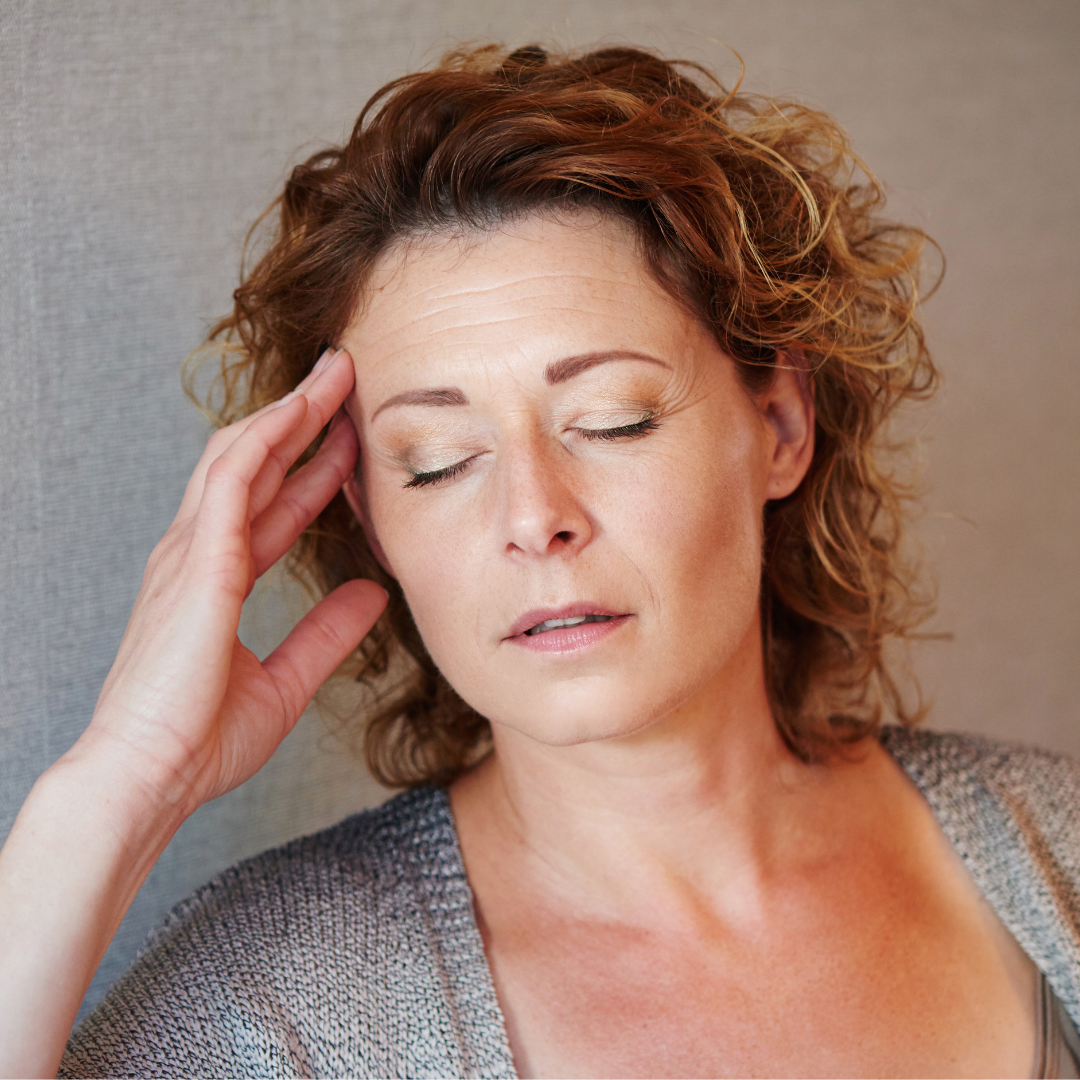
Dry and Itchy Skin
Generalised dry and itchy skin is a common problem that can start in the peri menopause and menopause. The cause is oestrogen deficiency. The skin is made up of several layers, all of these layers are full of oestrogen receptors. When oestrogen levels start to drop skin cells start to produce less ceramide, sebum and hyaluronic acid. As a result, skin becomes dry, itchy, dull and wrinkles increase. You may have come across these as ingredients in skin creams and serums. Ceramides and sebum make up the skins’ natural barrier and hyaluronic acid holds water in the skin and acts as a hydrator.
Some women find they develop eczema in mid life and lowering oestrogen can trigger this.
Avoiding using soap and shower gels that produce a lather will help keep the skin at the correct pH and maintain skins’ natural barrier. Instead of using soap change to a soap substitute, which means using an emollient to wash with, good brands to try are: Dermol 500, Diprobase, Cetranban, Epiderm and Doublebase gel. ‘CeraVe’ have produced some good cleaners which would also be suitable. These products will not produce a lather, bubbles and will not have any fragrance, which may take some getting used to. After washing apply an emollient (which may be the same as the soap substitute ) ,applying in the direction of hair growth to avoid blocking hair follicles, which can cause irritation. Reapply emollient as often as needed in the day and before bed. This will help to build and maintain the skins’ natural barrier, hold water and with regular, consistent use should ease or even resolve dry skin.
If the underlying mechanism of dry, itchy skin reduced oestrogen, hormone replacement should also help.
Making these changes will target dry, itchy skin and is likely to be more effective than using creams and serums that contain ceramides and hyaluronic acid.
There are other possible causes of generalised dry, itchy skin. If you have a rash, are at risk of anaemia, have a change in appetite or weight or other associated symptoms, you should see a doctor to ensure there is not another underlying cause that needs to be addressed.
Find more blogs like this:
www.harleystathome.com | Instagram @harleystreetathomemenopause
Facebook: Search Harley Street at Home: Diagnosis, Symptoms & Treatments or Harley St at Home: Lifestyle, Self-Care and Lifestyle to join our private community



